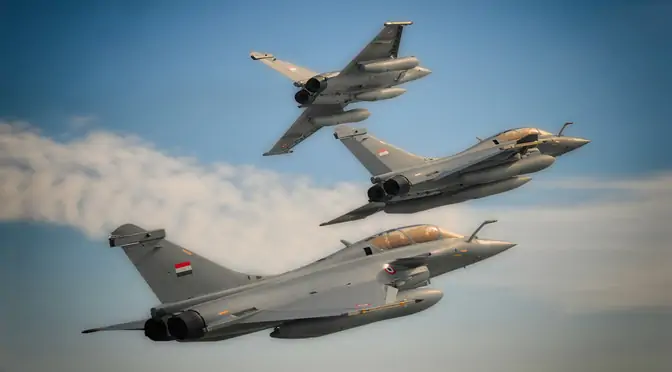This article focuses on the evolution of the balance of forces on the battlefield, notably for the Kurds, mainly in Syria but also in Iraq, one of the multiple layers of interactions that must be considered around the battle of Raqqa against the Islamic State. It is part of a series aiming at deciphering the various factors at work that will shape the outcome of the battle of Raqqa and thus impact the future. Such factors must be considered for scenarios as well as monitored for warning, notably by being included in corresponding mapping.The offensive against the Islamic State is progressing in the governorate of Raqqa. However, the outcome will not only be a more or less rapid victory against a crucial …
Continue reading “The Battle of Raqqa, the Kurds and Turkey”











